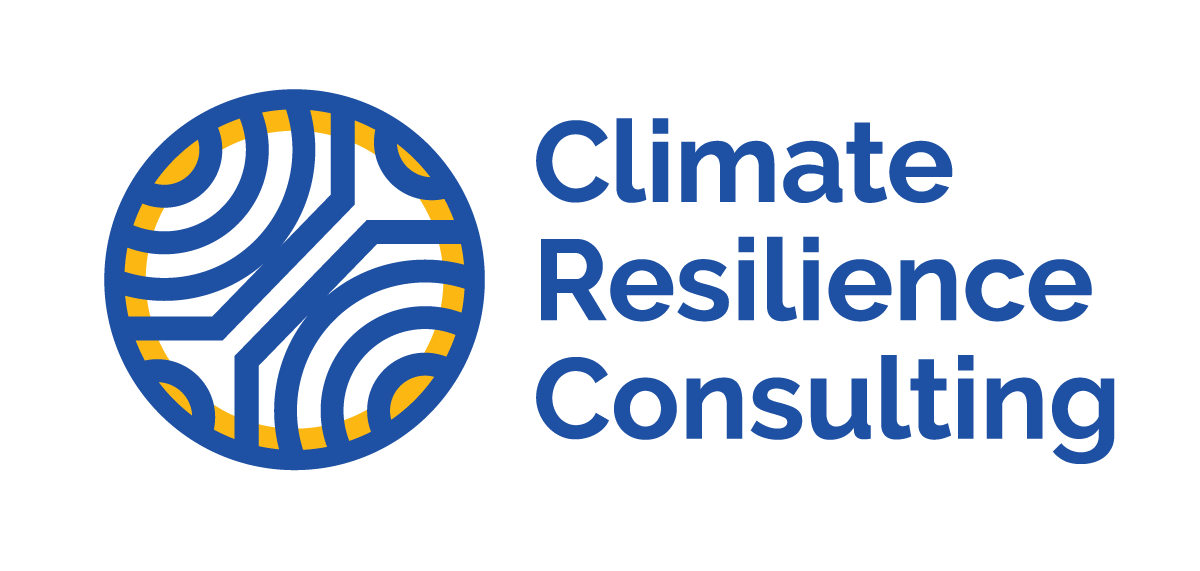Happy Lunar New Year! It’s 4710 on the lunar calendar and, having reflected on the myriad end-of-year/start-of-year lists in my inbox since December began, Jan. 23 seems a good day to reflect on the most thought-provoking events and items concerning corporate climate adaptation in 2011. Here are my top three – plus a wish for 2012:
- Studies show that one-in-five major civil conflicts since 1950 may be linked to climate extremes associated with El Nino. Those big climate disturbances rooted in the tropical Pacific Ocean remind us to prepare for the collateral dis-benefits possible from shifting conditions.
- Japan’s multi-layered tragedy – the worst earthquake there on record followed by a meter-high tsunami and concluding with the worst nuclear accident since the 1986 Chernobyl meltdown – prompts us to consider the domino effects of extreme events. It also changes the parameters of corporate extreme-event scenario planning.
- Reflecting rising temperatures between 1980 and 2008, farms around the planet produced 3.8 percent less corn and 5.5 percent less wheat than they could have, suggesting that climate change is having an impact faster than we are adapting.
My wish for 2012: That companies boldly embrace the opportunity that climate adaptation sparks – leveraging intellectual property to sell climate-proofed and climate-resistant products. I’ve mentioned some winners in previous blogs. Here’s another set:
- Construction equipment – for clearing debris and rebuilding weather-stricken communities
- Mold removal – for helping communities cope with basements swamped by overbank flooding or basement backups
- Power tools – for chopping up felled trees that fall victim to arbor pests that weaken them or intense storms
- Auxiliary-powered equipment- such as generators and transistor radios for use in power outages during extreme weather
And what are your wishes?

